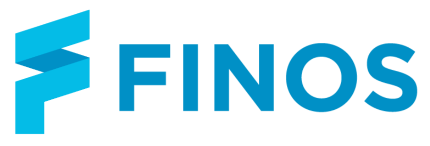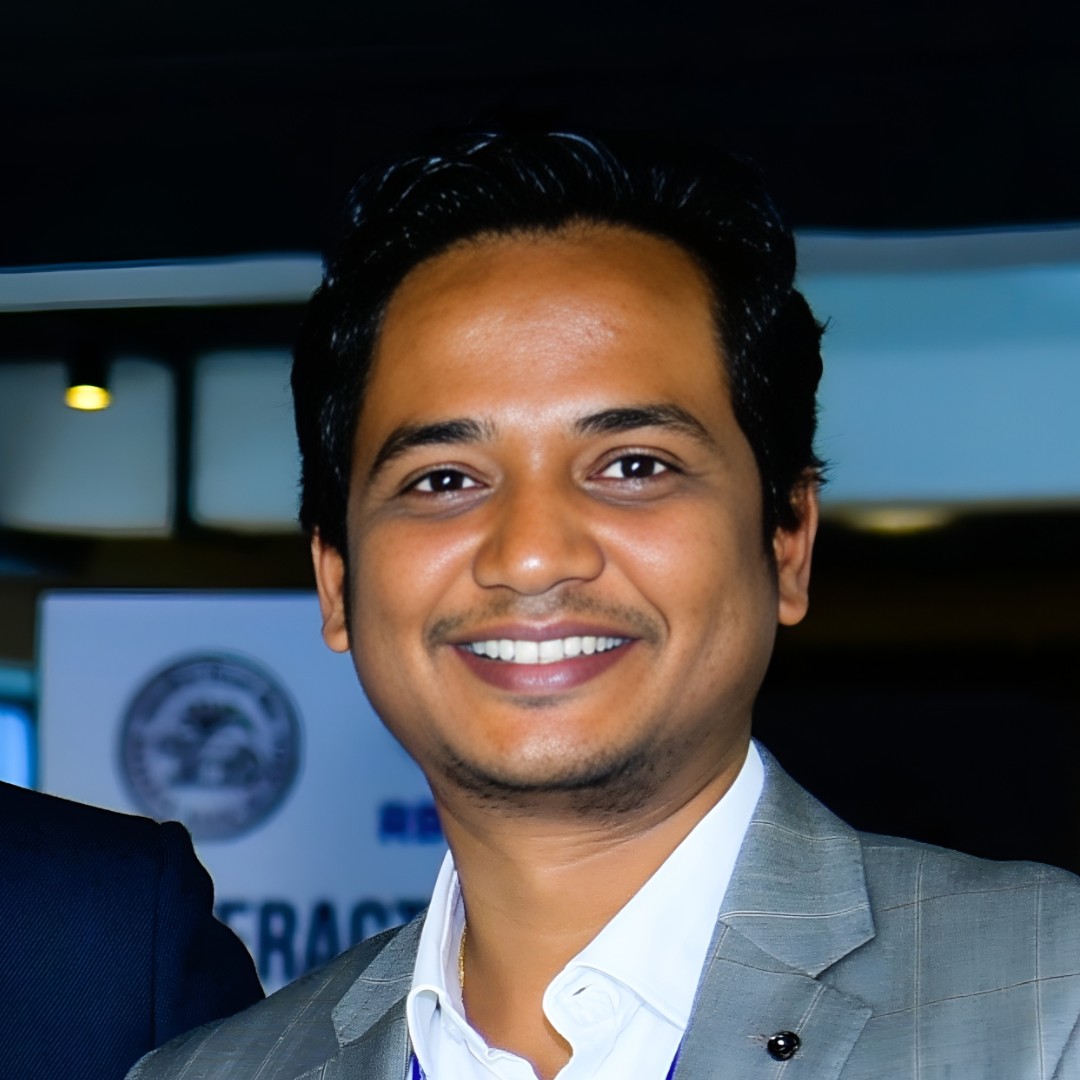20 November – 13 December 2024
Leveling the AI Readiness Playing Field: API Innovation
Hackathon
Leveling the AI Readiness Playing Field: API Innovation
Hackathon
The 2024 API Innovation Hackathon, part of the annual SupTech Week organised by the Cambridge SupTech Lab, ran virtually from December 2 to December 13. The hackathon focused on developing a cutting-edge API builder for financial supervision, leveraging open standards and tools to revolutionise regulatory frameworks. The goal was to create efficient, adaptable, and future-ready solutions that enhance financial authorities’ ability to manage data and intelligence flows. The hackathon sparked innovative solutions that addressed critical challenges in financial supervision. The ideas and prototypes will guide future initiatives at the Cambridge SupTech Lab with the potential to influence broader financial regulatory practices.

104
Participants
16
Countries Represented

20
Mentors

3
Awarded Teams

18
Registered Teams
Supported By



Background
Financial authorities around the globe are starting to leverage next-generation suptech – including GenAI – for interactive chatbots, dynamic risk management systems, and other advanced suptech applications. Despite advancements in analytics through AI and Machine-Learning, many financial authorities are limited in the aggregate data they receive through compliance filings. Application Programming Interfaces (APIs) facilitate the automated ingestion and validation of granular data, ensuring clean data is in place and allowing everyone to harness benefits in the form of actionable and trustworthy results. Currently, financial authorities are required to provide comprehensive funding for the development and design of APIs, starting from scratch for each use case. The adoption of API standards, enabling tools and open source software can play a critical role in driving inclusive growth, fostering competition and innovation, and enhancing financial inclusion
Solution
Schema: Streamlining the development of data standards, utilising tools such as FINOS’s Morphir, OS-C, and Legend.
Builder: Crafting API documentation and libraries with tools like Swagger’s open-source editor and the Open API Specification.
Intelligence: Demonstrating how unified APIs can drive deeper and more efficient analysis, powered by the Lab’s Data Gymnasium.
Access the Solutions Showcase
Watch the Awards Ceremony
Awards
The following awards were presented
Best data schema design
Recognises the team with the most effective approach to data standards and schema development. Team BOT – For seamlessly integrating financial and environmental risk data, enabling smarter, more resilient financial decision-making.
Best API builder
Awarded to the team with the most innovative, saleable and functional API solution. Team AI-Phalanx – For building APIs and dashboards to track progress on climate finance indicators, integrating IMF climate finance data, and defining API schemas per Open API standards.
Best use of open standards
Honours the team that best utilises open standards and tools to enhance their API solution. Team SupTech Newbies – For creating tools to detect and prevent mis-selling practices, protecting consumers and supporting financial system integrity.
People’s choice award
Voted on by participants and mentors, this award recognises the most popular solution.
Mentors


OLUWASOLA DADA
AJEWOLE

PAMELA KAHWA

Manager, Financial Sector Surveillance
RWEYEMAMU BARONGO

Principal Computer Analyst Programmer
Bank of Tanzania
KARL MOLL

Technical Project Advocate
FINOS

Program Manager, AI Strategic Initiative
FINOS
Owaka Onyango

Scholars Chat Limited
Weiying Kok

Head of Engineering
Proto
Jacqueline Jumah

Director of Advocacy and Capacity Development
AfricaNenda Foundation
Dragan Oremus

CEO
Compliant Risk Technology LLC
Philippa Martinelli

Climate Expert & Centre Affiliate
Cambridge Centre for Alternative Finance
Martha Mounir

Senior Data Engineering Specialist
Link Development
Kerollos Adel

Senior Software Engineering Lead
Link Development
judges
Matt Grasser

Co-Head
Cambridge SupTech Lab
Jane Gavronsky

Chief Operating Officer
FINOS
Muhammad Gouda

Head of Software Engineering
Link Development
Jochen Papenbrock

Head of Financial Technology
NVIDIA
Parimal Kumar Shivendu

Assistant General Manager
FinTech Department
Reserve Bank of India
Judging Criteria
Judges will assess creativity and innovation, speed to market, and how transformative the solution could be, and will particularly look at the following criteria:
Innovation and creativity
Novelty and uniqueness of the data schema, API builder, and intelligence solutions.
Practicality and usability
Ease of use and practical application in suptech environments at financial authorities.
Harmonisation with other stakeholders
Consideration for cost and time efficiencies for regulatory compliance and regtech integrations within supervised entities.
Impact and scalability
Potential impact on financial supervision and scalability of the solution, including incorporation of machine-readable regulation.
Technical excellence
Adherence to open standards and use of open tools.
Participation
Participants brought a wide range of expertise, including data engineers, database architects, product developers, data visualisation designers, data scientists, data analysts, and business analysts. The event welcomed teams from 16 countries, showcasing a truly global reach: Canada, Egypt, Germany, Ghana, Greece, India, Japan, Kenya, Nigeria, Saudi Arabia, South Africa, South Korea, Sudan, Uganda, United Kingdom, United States of America.
Get Involved
Connect to explore partnerships and sponsorship opportunities to bring future hackathons to life
